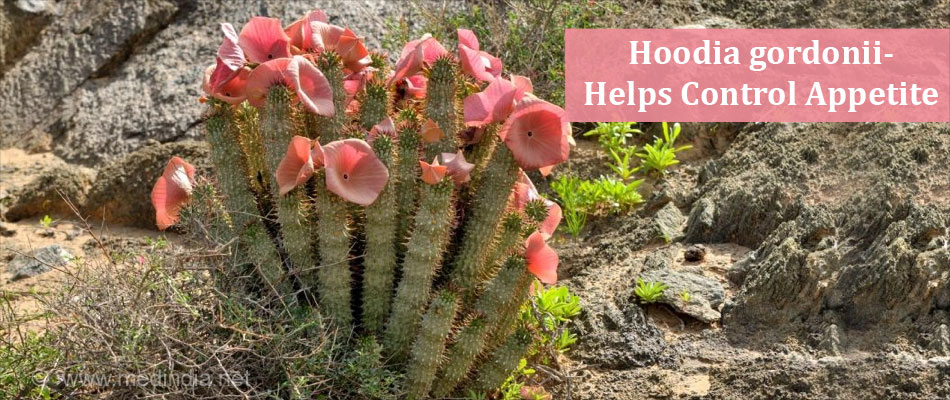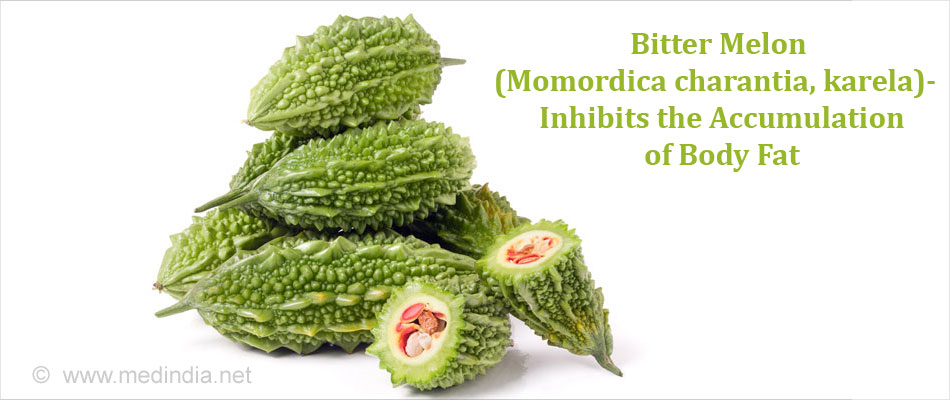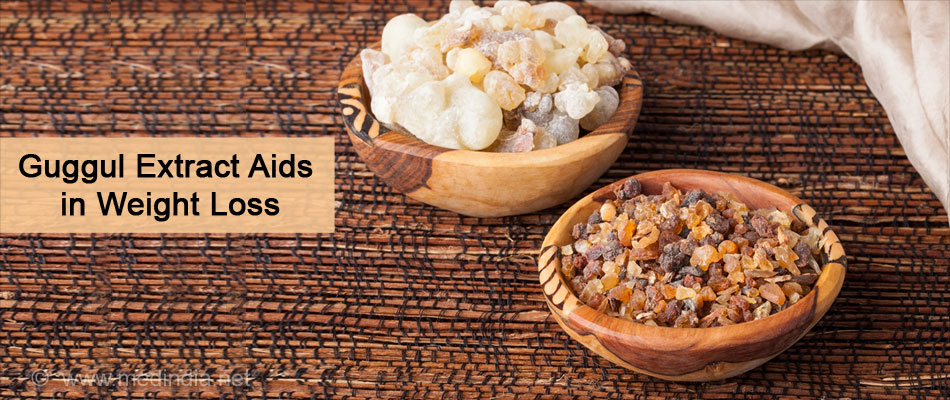Herbal Supplements for Weight Loss and Their Mode of Action
Herbs that are used for weight loss are also purported to maintain efficient metabolism in the body and maintain the natural breakdown of fats. Below is a list of popular but controversial
Hoodia gordonii - This is a succulent herb from the deserts of southern Africa known to suppress appetite. Its active ingredient, a molecule named P57, affects the part of the brain that controls appetite by responding to levels of blood glucose. According to a human trial, it suppresses appetite to the extent that the daily calorie intake of obese volunteers dropped by 1000 calories. However, this ‘long on hype but short on proof’miracle weight loss pill did not yield expected results.

Cissus quadrangularis - Also known as CQ, this herb is a succulent vine from Africa and Asia. Although all parts of the plant are used in medicine, it has insufficient scientific evidence for weight loss, according to RxList. However, an Iranian study found significant decrease in body fat with CQ as there was ‘significant decrease in triceps skin fold thickness indicating high loss of fat’ without much adverse effects. Waist size also decreased significantly. CQ seems to be safe when used in adults for up to 6 to 8 weeks. Side effects such as headache, flatulence, dry mouth, diarrhea and insomnia may be experienced by some people.
Bitter Melon (Momordica charantia, karela) - Bitter melon, a tropical vine of the watermelon family, is the most bitter of all vegetables. The fruit has high therapeutic value. It is supposed to be one of the best herbal medicines for managing metabolic syndrome, especially diabetes. It is also a very good herb for controlling weight gain. A study from Taiwan, published in the British Journal of Nutrition, has shown that bitter melon extracts contain bioactive compounds that activate the enzyme AMPK, a protein that regulates fuel metabolism and improves glucose uptake. The scientists found that this Chinese traditional herbal medicine ‘can reduce insulin resistance as effective as the anti-diabetic drug TZD’. The AMPK suppresses the body fat accumulation and decreases fat cells. This herb is said to have no side effects.

Green tea - Green tea aqueous extract boosts metabolism and help burn fat according to many clinical studies. The researchers suggested that polyphenols (catechins) are responsible for green tea’s fat-burning effect. Scientists from Ain Shams University, Cairo, compared the effects of

Garcinia cambogia - Garcinia or mangosteen, is a herb that is grown for its fruit in southeast Asia and parts of Africa. In Indian traditional medicine, it is used to treat edema, rheumatism, delayed menstruation, and bowel disorders. Hydroxycitric acid, the active ingredient in Garcinia, suppresses appetite and reduces the body’s ability to form body fats by inhibiting the conversion of excess calories (carbohydrates) to body fat, thus preventing obesity. However, a 12-week, double-blind, controlled trial conducted by researchers from Obesity Research Center, St Luke''s-Roosevelt Hospital, Columbia University College of Physicians and Surgeons, New York, found that Garcinia ‘failed to produce significant weight loss and fat mass loss beyond that observed with placebo’.

Dandelion - Dandelion originated in Europe but has now naturalized in many countries. It is one of the most valued herb for treating gall bladder, spleen and liver complaints and one of the safest plant diuretic. It is used as herb for weight loss because it may produce significant weight loss by decreasing body water. In Ayurveda, the herb is also used as a blood purifier since it is thought to remove toxins from the body and helps with the digestion of fats. The root extracts from
Guggul - Guggul extract is the resin from the mukul myrrh (Comminphora mukul). It is used in Ayurvedic medicine for weight loss, elevated cholesterol and weight loss. It aids in weight loss by stimulating thyroid function. The University of Michigan Health System reported that guggul is more effective when taken with phosphate salts, tyrosine and hydroxycitrate. Exercise is, of course, a must. However, clinical trials failed to find guggul effective for weight loss. Caution: People with chronic diarrhea, liver disease or Crohn’s disease should not take guggul.

5-HTP (5-L-Hydroxytryptophan) - 5-HTP is an extract from the seed of the West African plant, Griffonia simplicifolia, and it is useful in raising serotonin levels in the brain. This is how it works – L-Tryptophan is an essential amino acid that converts into 5-HTP in the body, which in turn is converted into serotonin, a neurotransmitter. Low level of serotonin is associated with anxiety and depression, carbohydrate cravings and weight gain as well as sleep disorders.











